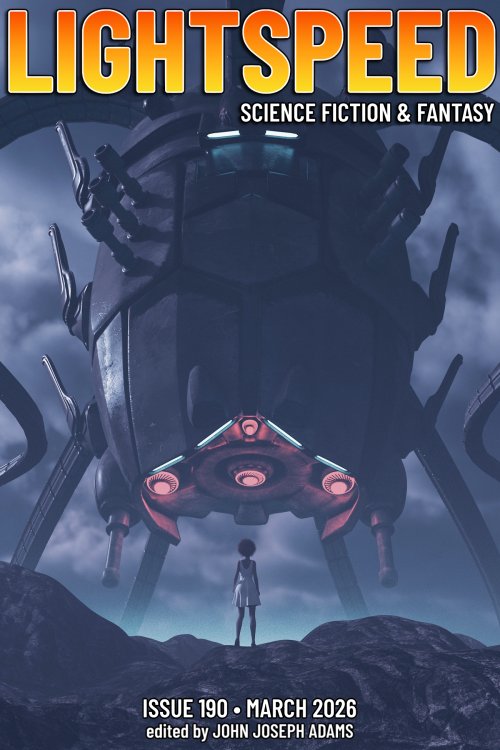Author Spotlight
Author Spotlight: José Pablo Iriarte
I definitely didn’t want to write anything tragic. I think in our world we always know that tragedy is right around the corner and always a possibility, and so it looms over Jamie like it looms over us all. But there are enough tragedies about transgender kids and adults, both in fiction and in reality. This didn’t need to be another one.









